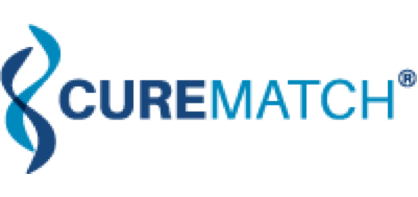Financial assistance with the soaring costs of cancer drugs
In recent years, many exciting new advances in the treatment for cancer have emerged. However, new drugs also usually mean a higher cost of cancer drugs. Cancer treatment options are often thousands of dollars per drug per month. Everyone thinks twice about giving up our hard-earned income in exchange for any service or product. This includes insurance companies, and so not all drugs are automatically covered by or paid for by your insurance company.
Some patients are fortunate enough that the cost of the treatment is not of concern. But, for many, it can be a choice between tuition for a college bound child or the cost of cancer drugs. Considerations include:
- Will I be cured?
- If not, how many more months or years will it buy me?
- Am I better off investing in my children’s’ college tuition?
Such choices are nearly impossible to make when one is still in shock at learning about a new diagnosis of cancer.
While we choose our insurance plans and hope that they will cover our major medical expenses like drugs that can help treat cancer, what is one to do when one’s insurance company will not pay for a treatment?
In the event that there is not a covered drug alternative, most practitioners are familiar with asking the insurance company to pay for a “non-covered” item, otherwise known as a Prior Authorization Request. If approved, the patient can receive the drug without worrying about the cost. If they do not, called a “denial”, then what? It can be appealed. That means asking again. In the second request, additional information can be included in your situation or articles can be included from medical journals that support your case.
Sometimes, insurance companies will say they will pay for the medicine, but ask the patient to pay a portion, otherwise known as a copay. Even copay amounts can be upwards of $300-$500 per drug per month. With copay assistance programs (e.g.. Patient Advocate Foundation’s (PAF) Co-Pay Relief Program), the cost of cancer drugs can be made almost manageable.
Still, there’s the possibility that the insurance company will deny an appeal. Then what? Drug manufacturers have offered Patient Assistance Programs (PAP) for a number of years, but sometimes we don’t know to ask about them. PAPs are often dependent upon diagnosis, income, and place of residence. NeedyMeds and Biologics are a couple of resources that have compiled many of the assistance programs that are offered.
While doctors will always try to choose the best drugs to treat cancer, costs can be sometimes prohibitive. When a drug is not covered by an insurance plan, patients and caregivers can help their oncologist by asking:
- Is there a drug alternative?
- How much will the cost of cancer drugs be if I were to purchase them?
- Can a prior authorization be requested?
- If the prior authorization is denied, can it be appealed?
- If I can’t afford the copay, is there a copay assistance program?
- If my insurance won’t pay at all, is there a Patient Assistance Program?
It can often pay to ask.
-Lillian Yao, Pharm.D.

